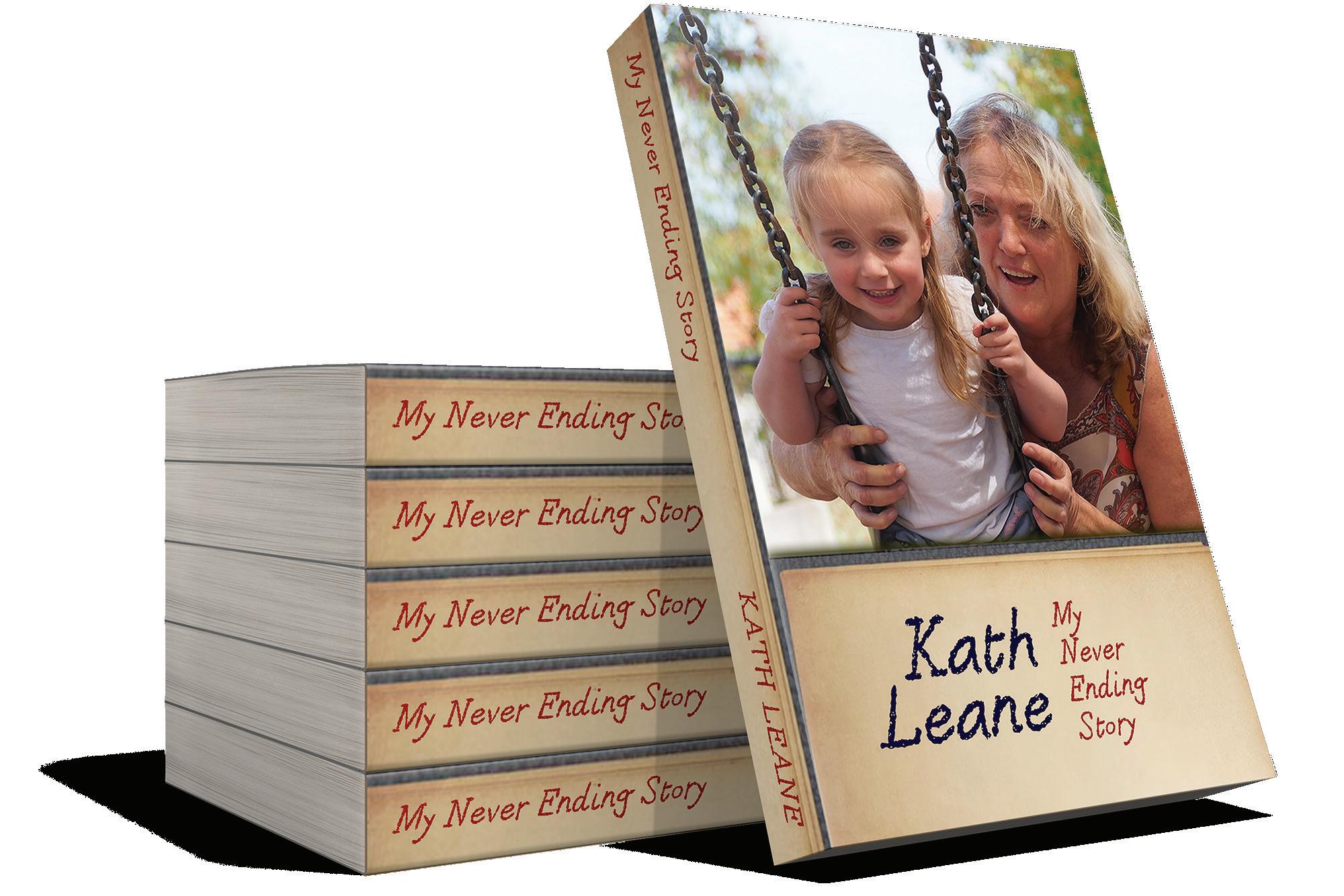
4 minute read
Shattered Webinars
International students shattering myths for international students
In early 2020, Hepatitis SA was approached by two Adelaide University students, Apoorva Kulkarni and Siddhartha Guha. They were seeking volunteer placements with Hepatitis SA, and they joined the Information and Resources team, looking at which of our resources could be useful if translated into Hindi, their first language. In March 2020, however, the initial COVID lockdown meant that all volunteer opportunities had to be suspended.
Advertisement
Fortunately, Apoorva and Siddhartha kept in touch with Hepatitis SA, and in late 2020 they contacted us to discuss other options for working together, which evolved into developing a webinar series for Indian students at Adelaide University.
In the end, a 4-webinar series was created, taking place in April and May this year. The series was titled Shattered!, and looked at four topics:
• Hepatitis C and Body Art
• Hepatitis B, vaccination and COVID
• Drugs and harm reduction
• ‘Living Book’ Kath Leane, who talked about her lived experienced with hepatitis (see issuu.com/hepccsa/ docs/hcn87)
Each webinar utilised the ‘Polls’ feature on Zoom to engage the participants. Participating students were able to select the correct answers at the end of the education session, and feedback from the students throughout the webinars was very positive. We talked with Apoorva and Siddhartha about their experience volunteering with Hepatitis SA and running the seminars.
What made you interested in focusing on hepatitis in the first place?
Siddhartha: Studying public health has taught me that health promotion works as a preventative measure against various diseases. I had read about Hepatitis SA in a newsletter, and had also heard about the sister organisations in other states. I had been looking to brush up my skills in health promotion and also to connect with a community that I had joined only recently. Hepatitis SA works with various CALD groups, and this really caught my attention— working with CALD and other vulnerable populations is something close to my heart and something that I am really passionate about.
Apoorva: I was looking for volunteer work in something that would be related to the field that I was pursuing (public health), and I thought Hepatitis SA would be a good starting point to gain some exposure in the health promotion area. I heard about Hepatitis SA through a few friends who were a part of Hepatitis Victoria, and I thought I would express my interest.
And what made you decide on the form your project took, a webinar series?
Apoorva: We wanted something that would be within our scope while volunteering with Hepatitis SA and international students were the audience that we could reach out to. We thought understanding of hepatitis and related informationon laws and regulations around basic things like recreational drug use, vaccinations, and so on, would be something that students would be interested in—especially if we provided incentives like prizes! This idea got us excited and we approached Hepatitis SA.
Siddhartha: When we first started with Hepatitis SA, we were in the process of reviewing resources that would be appropriate for doctors from a clinical perspective (as I myself am a dentist). But due to COVID this had to stop. Upon reconnecting with the organisation, we wanted to do something for the community that would be useful and aimed towards the International student cohort, as we had more reach there and were part of that community. COVID meant we had to do it on Zoom as a webinar series, as it was the safest and most responsible thing for us to do.
What were the difficulties in doing this under COVIDrestricted conditions?
Apoorva: It would have been nice if this was something that could be done in-person, as it would have been more interactive. Also, promoting the webinar series was quite difficult because everything was online and gaining an audience other than our friends was pretty difficult!
Siddhartha: Yes, getting the word out without physically meeting people and getting them to join in. There were also many technical difficulties as well which were out of our control. A face-to-face seminar may have had a better response from the public as well, which cannot always be guaranteed online. Making the sessions interactive without being physically present or showing demonstrations which otherwise would have been done in a face-to-face condition can be a challenge.
How do you think the Shattered! series was received? What sort of feedback did you get?
Siddhartha: People received the series in a positive manner and were really happy and intrigued by the information they received. Hopefully we can run this series again and focus on other groups in the community.
Apoorva: The feedback was quite good—we did get a lot of people telling us that it was informative and interesting.
We’d like to thank Apoorva and Siddhartha for all their hard work and look forward to working with them again.









